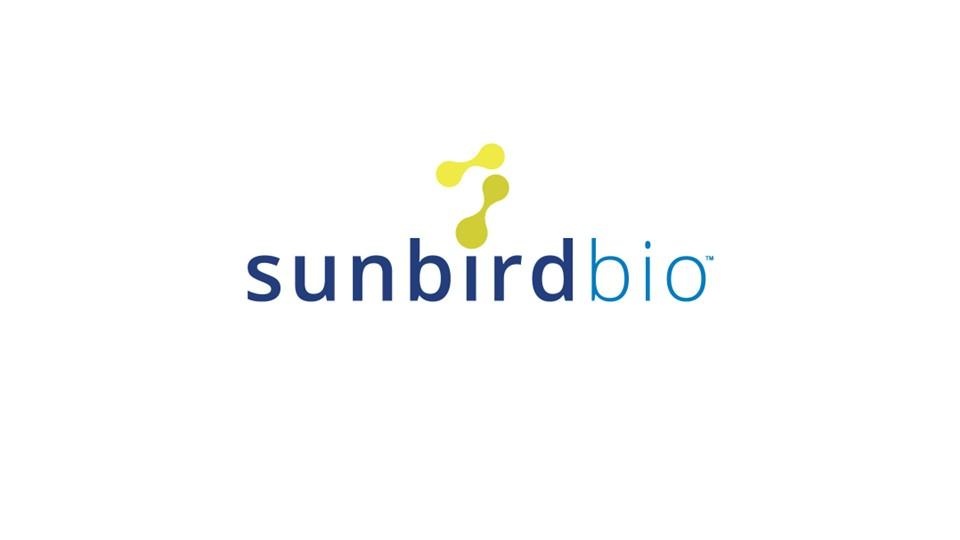Sunbird, Glympse merge for earlier diagnosis of Alzheimer’s

Biotech Sunbird Bio has announced its completed merger with Glympse Bio, which it is hoped will accelerate development of the companies’ protein-based diagnostic technologies, both of which have demonstrated potential for earlier and more accurate diagnosis of Alzheimer’s disease and other neurodegenerative disorders, as well as early-stage cancer potentially.
Alzheimer’s disease (AD) is notoriously difficult to diagnose and treat and has a devastating impact on patients and their families.
Now operating as Sunbird Bio, Inc., headquartered in Cambridge, Massachusetts in the US, and with operational headquarters in Singapore – the merged company’s lead indication for its APEX technology is Alzheimer’s, with a potential addressable market of around $10 billion per year.
Sunbird’s pipeline includes the first blood-based test in development that has shown accurate detection of low levels of aggregated amyloid beta (Aβ) proteins – a key indicator of AD. Current diagnostics have, in the main, been unsuccessful in detecting and analysing such nanoscale protein states; proteins, proximal to disease, are believed to provide a better reflection of biological activity than DNA or RNA.
John McDonough, executive chair and CEO of Sunbird Bio, said he was “excited about the synergies and opportunities created” by the merger. He continued:
“The APEX and Glympse platforms have the potential to dramatically improve standards of care for many diseases by overcoming the inaccessibility, invasiveness, and lack of reliability associated with current diagnostic approaches that limit their usefulness in drug development, disease detection, disease monitoring, and personalised treatment selection.”
The Glympse diagnostic platform has demonstrated measurement and analysis of protease activity in the blood, supporting early and accurate diagnosis of neurodegenerative disorders. Additionally, many cancers have altered protease activity from the earliest stages, and there is potential for insights from Glympse to accelerate and improve clinical trials by permitting precise patient enrolment, as well as shortened trial lengths.
Alexandra Cantley, a partner at venture capital firm Polaris Partners – which backs Sunbird Bio – commented: “The company’s diagnostic platforms could be highly complementary as technologies that detect, measure, and monitor disease, helping to fuel advances in Alzheimer’s disease, other neurological disorders, and early-stage cancer, with long-term potential in other therapeutic areas, as well.”
Financial details of the merger were not disclosed. Sunbird Bio is currently partnering with biopharma companies and researchers to bring to market their full suite of AD and other neurological diagnostic tests.
In other news in the Alzheimer’s field
Clinical-stage biotech Oligomerix, Inc., meanwhile, has published preclinical data on its novel small molecule therapeutic in development for Alzheimer’s disease and rare neurodegenerative diseases.
As published in the journal PLOS ONE, the results of the phase 1a clinical trial (PDF) showed that the oral tau oligomer small molecule inhibitor OLX-07010 prevented tau aggregation in mouse models for inherited taupathies, such as progressive supranuclear palsy (PSP) and frontotemporal dementia (FTD).
Since tau tangles and amyloid plaques are hallmarks of AD, it is thought treating both could be of more benefit to patients, as opposed to targeting a single pathology.
Compared to controls, oral treatment with OLX-07010 over four months showed significant prevention of the development of tau aggregates in mouse models in the blinded study conducted independently by Peter Davies, PhD, former director of the Litwin-Zucker Center for Alzheimer’s Disease & Memory Disorders at the Feinstein Institutes. The published research was supported in part by the National Institutes of Health’s (NIH) National Institute on Aging awards, R43AG029777, R44AG029777, and R44AG053150.
Earlier this year, Oligomerix had announced the first in-human dosing of OLX-07010, also.
William Erhardt, MD, president, and head of Oligometrix, commented: “While there has been significant progress in the efforts to develop effective treatments for Alzheimer’s disease, as demonstrated with the recent FDA full approval of Eisai and Biogen’s lecanemab and the potential for full approval of Lilly’s donanemab, there still remains a high unmet need for a therapeutic drug that is oral and self-administered, and that can treat patients in both developed and developing nations globally.”













